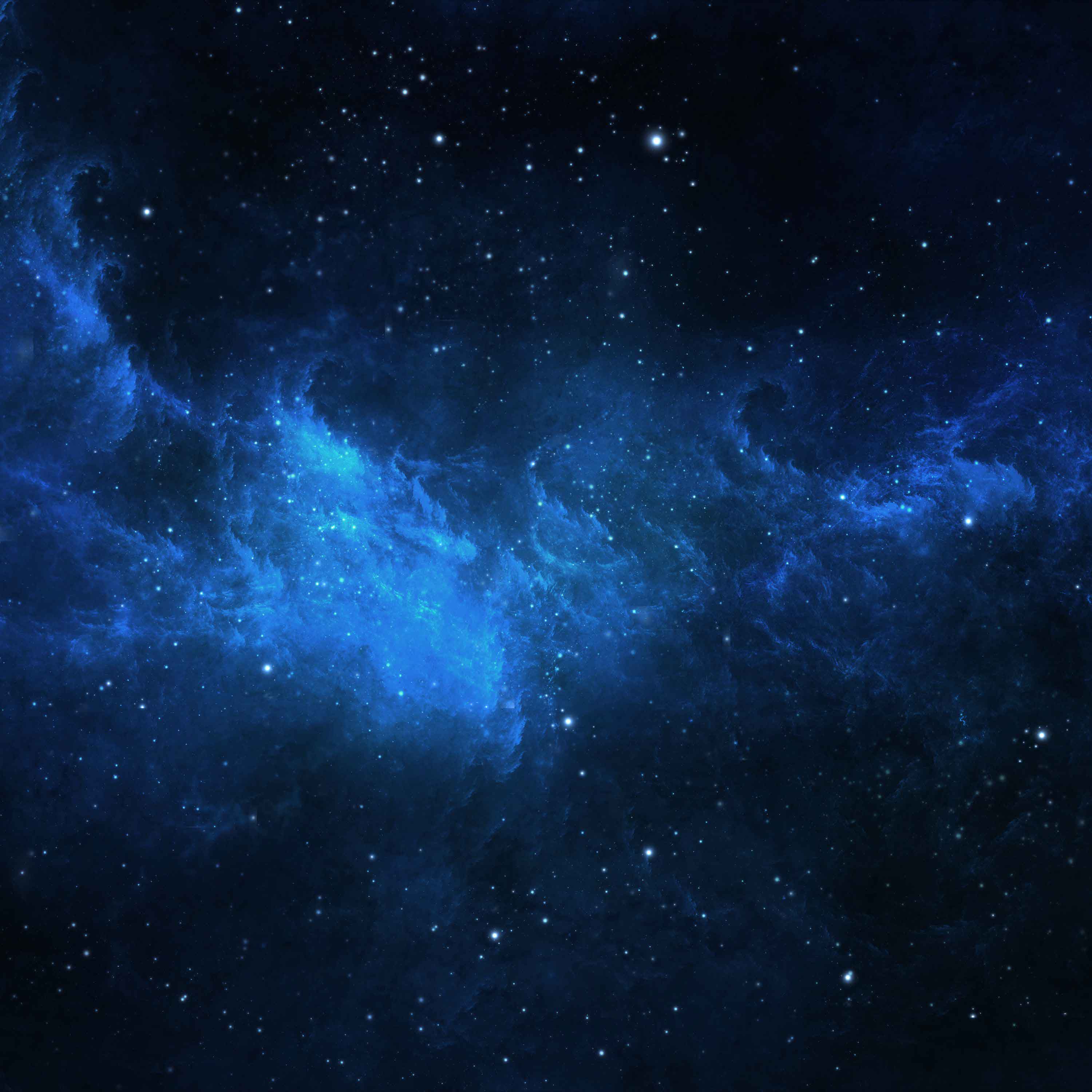GRD seminar Maxime Quesnel [Liège University]
Amphi du LAMMaxime Quesnel PhD student will present his work on A Simulator-based Autoencoder for Focal Plane Wavefront Sensing.
Maxime Quesnel PhD student will present his work on A Simulator-based Autoencoder for Focal Plane Wavefront Sensing.
title: The multi-scale nature of star formation abstract: Stars are the building blocks of the Universe. Yet in spite of half a century of continuous and intense efforts, their formation process remains insufficiently understood. As a matter of fact, the two most fundamental quantities regarding the star formation process and beyond, namely the star formation […]
"Overcoming the stellar activity impact on exoplanet detection and characterization". The defense will be held in English. Please find below the Ph.D. thesis abstract and the jury members. Lien zoom: https://univ-amu-fr.zoom.us/j/84199793791?pwd=VjhXbkpFditIM0dUWitRaFFkL1YyZz09 Abstract: Low-mass planets, with a mass of lower than 30 Earth masses, have an extraordinarily diverse range in terms of compositions. Their bulk density, […]
Francisco NOGUERAS LARA (Max Planck Institute for Astronomy - MPIA, Heidelberg), who will talk about "Finding the missing young stars in the Galactic centre". The cafe-club will take place at 11:00 am in the Library at LAM and on usual AMU virtual room: (Meeting ID : 968 7683 2544 -- Passcode : 173347) You can […]
Arturo NUNEZ (CEA Saclay): "Investigating galaxy formation down to stellar physics through numerical simulations". The cafe-club will take place at 11:00 am in the Library at LAM and on usual AMU virtual room (Meeting ID : 968 7683 2544 -- Passcode : 173347) You can find the schedule of upcoming café-clubs and the video of […]
Title : New insights on the properties of the first generation of galaxies Abstract : One of the most exciting challenges of modern extragalactic astronomy is to understand how the first galaxies emerged from a dark Universe and how their physical properties evolved with time. Huge advances have been made over the last decade […]
On December 5th and 8th, the laboratory will host the first edition of the ASTROGIRLS days for second graders (CE1). In order to counter the barriers that young girls may have towards science, we will organise a day dedicated to these young children, led by the women from the laboratory and which will include workshops […]
Yun-Ting Cheng (Caltech): "Cosmology and Astrophysics from Intensity Mapping". You can find the schedule of upcoming café-clubs and the video of old ones here. Take care, Carlo, Mathilde, Meriam ---------------- ABSTRACT Intensity mapping has emerged as a promising tool to study the high redshift universe and the faint, diffuse extragalactic populations. Without resolving individual galaxies, […]
Georg HERZOG (Università di Milano "Bicocca"): "The present-day gas content of simulated field dwarf galaxies". You can find the schedule of upcoming café-clubs and the video of old ones here. Take care, Carlo, Meriam, Mathilde ---------------- ABSTRACT It is known from theory and observations that galaxy evolution can be influenced by environmental effects. Processes like ram pressure stripping in groups, clusters or the cosmic web as well as tidal stripping can affect the final properties of galaxies. However, until now no estimate exists on the relative importance of different processes for the final properties of field galaxies. Based on a high-resolution cosmological simulation I will show that there are two distinct processes that affect the present-day gas content of field dwarf galaxies. 1) Past interactions with massive hosts, in which a […]
Title: Dark galaxies in the ALMA and JWST era Abstract: Our current knowledge of the cosmic star formation rate density (SFRD) at high redshift (z > 3) is based mostly on galaxy samples selected in the ultra-violet (UV) rest frame, which are not necessarily representative of the whole galaxy population (e.g. missing strongly obscured […]
Dear all, The Galaxy Evolution Circle will restart in a different format. Every two weeks, we will pick-up a particular subject. The idea will be to create a round table where we will discuss the following points: – An small introduction. – Classic and recent articles. – Active (LAM) people working on the subject. – Instruments. – On-going and future projects. – Perspective. For our second G.E Circle (28/Oct./15h at Mistral room) we propose to discuss Star formation in The WM and nearby galaxies. The idea is to maintain the discussion lively and informal. We look forward to have your presence in person.
Julien Lozi a research engineer at Subaru telescope will present the : Status of the upgrade of Subaru's facility adaptive optics: from AO188 to AO3000. Here is an abstract of is presentation : After almost 2 decades of on-sky operation, Subaru Telescope’s facility adaptive optics AO188 is getting several major upgrades to become the extreme-AO […]

